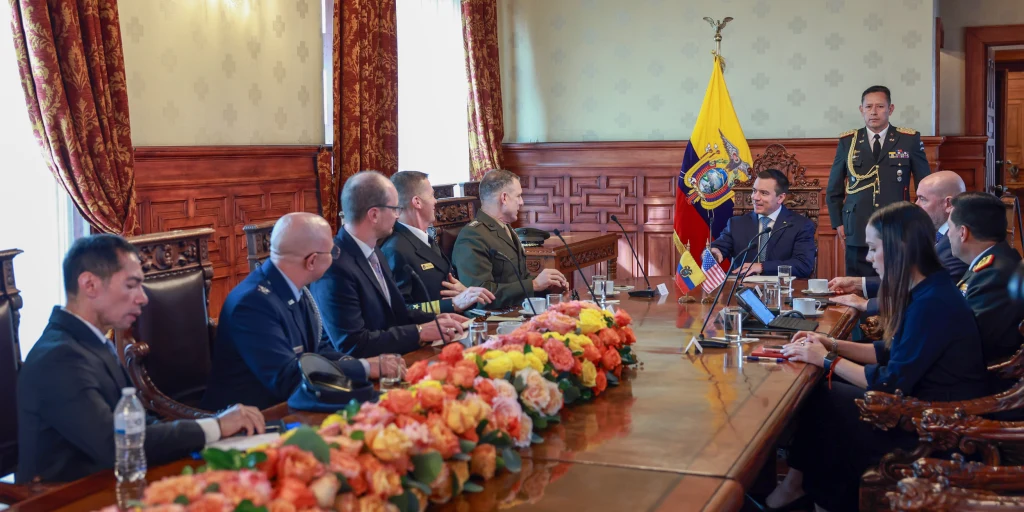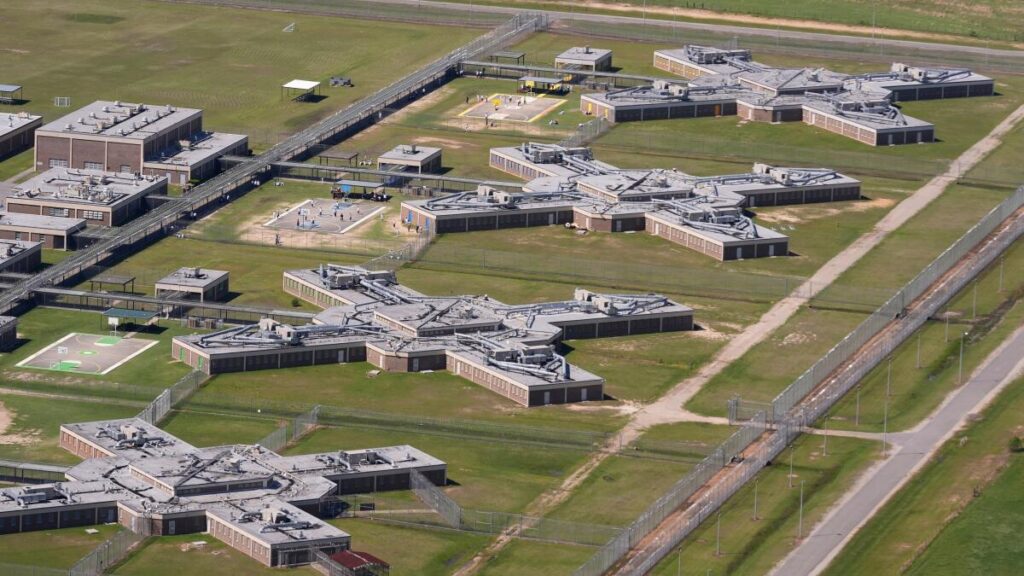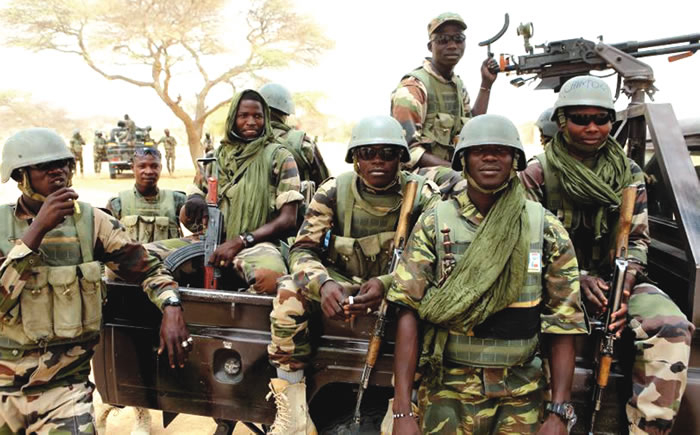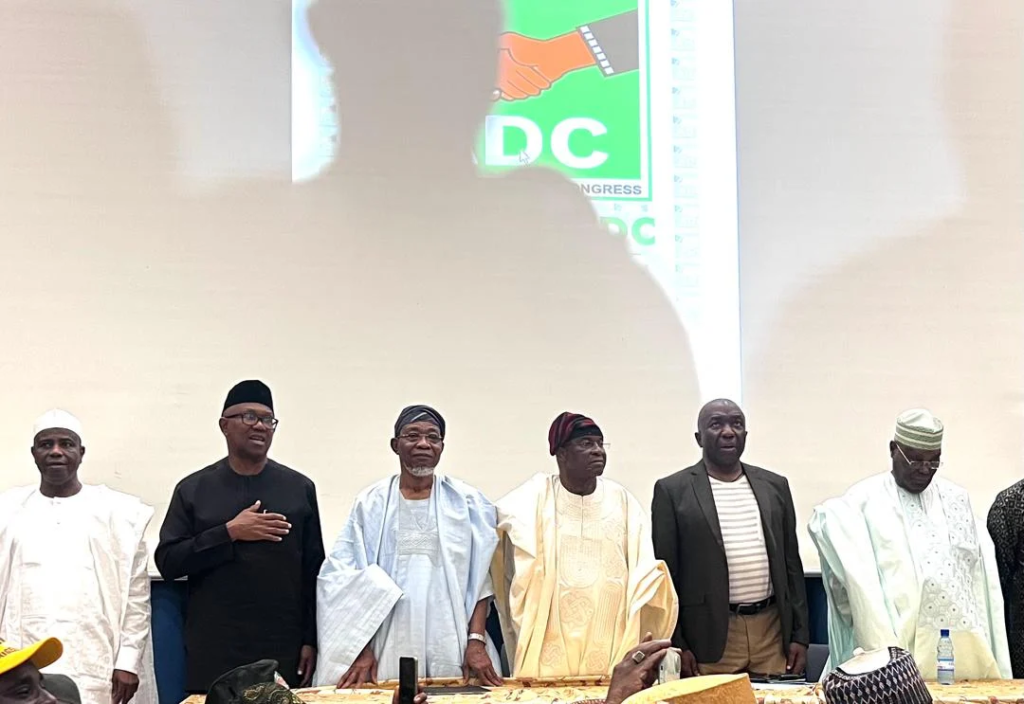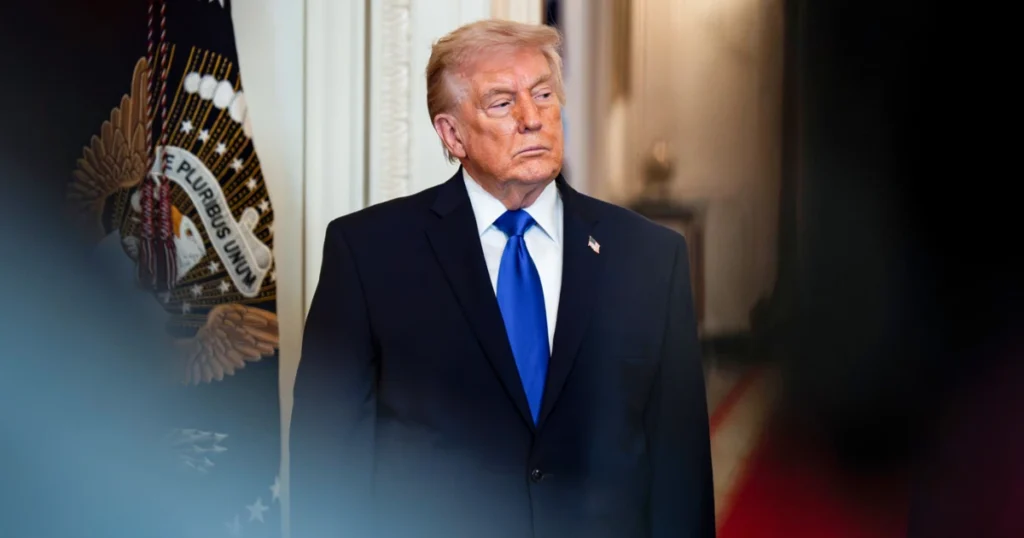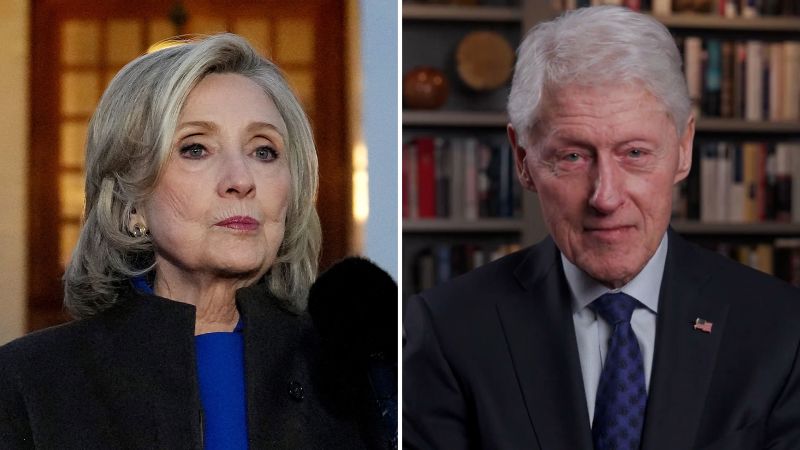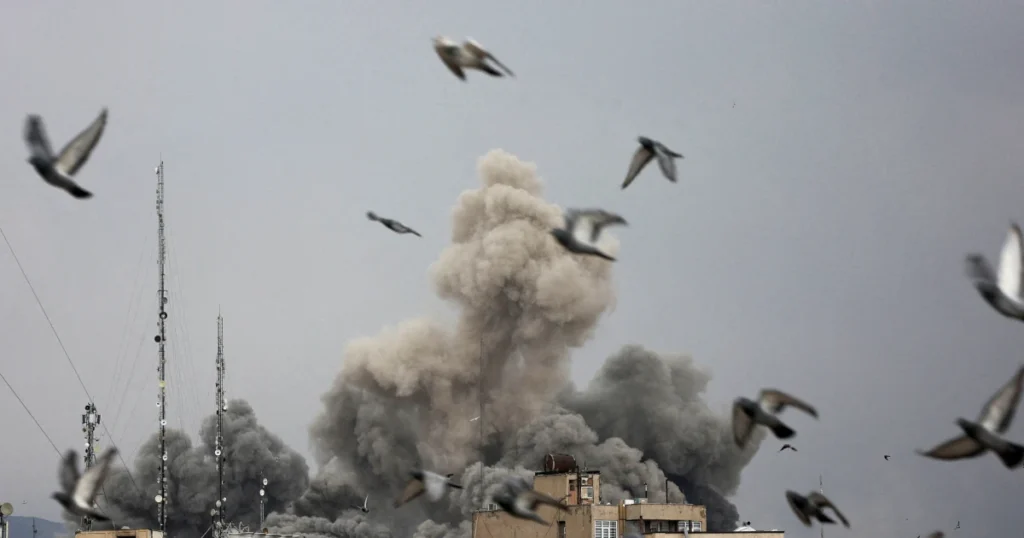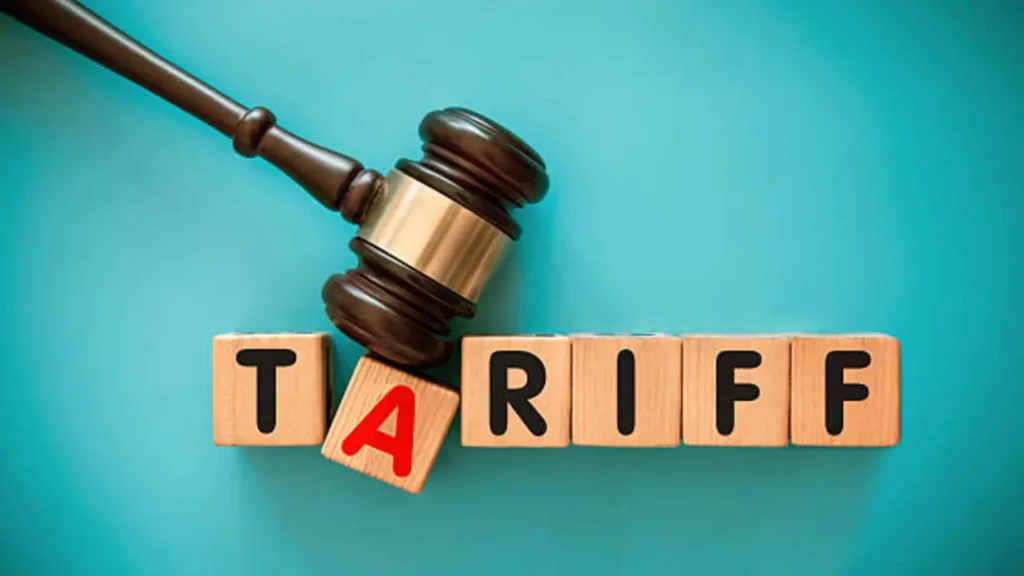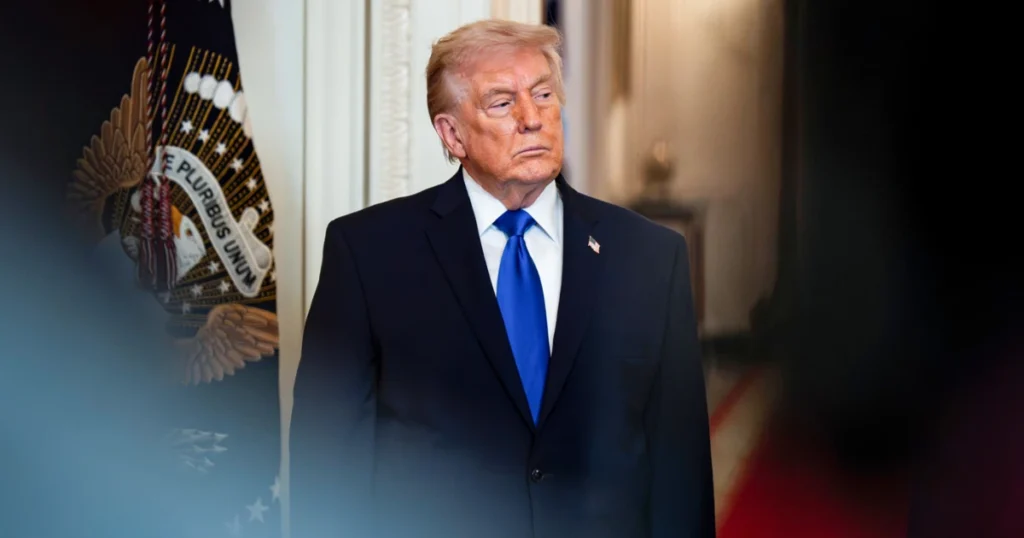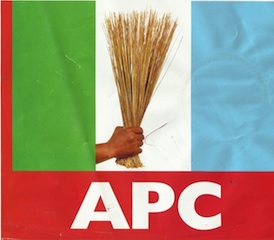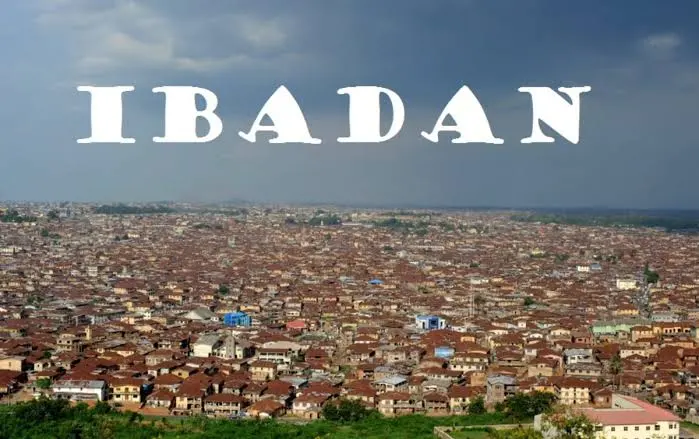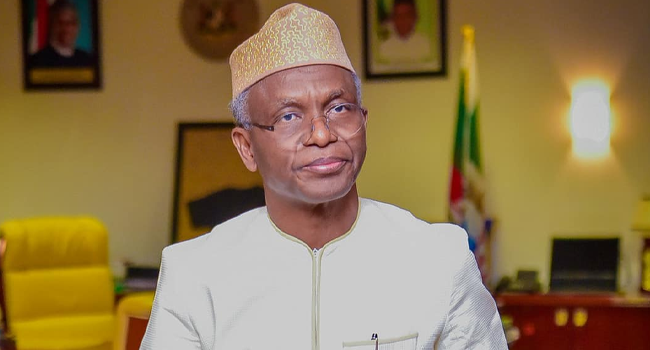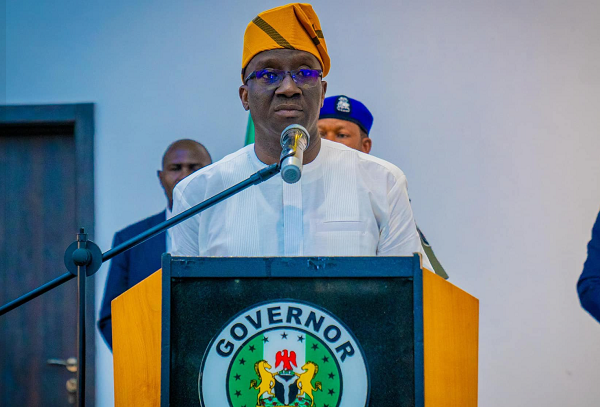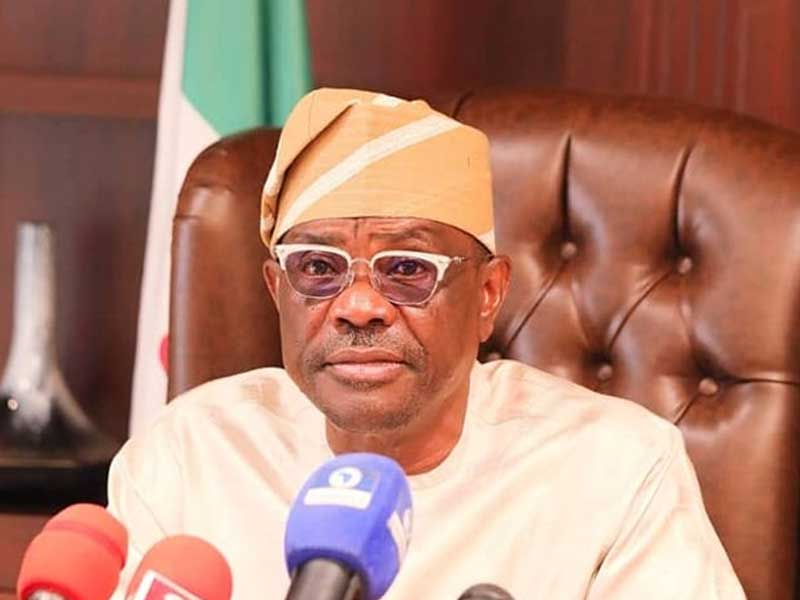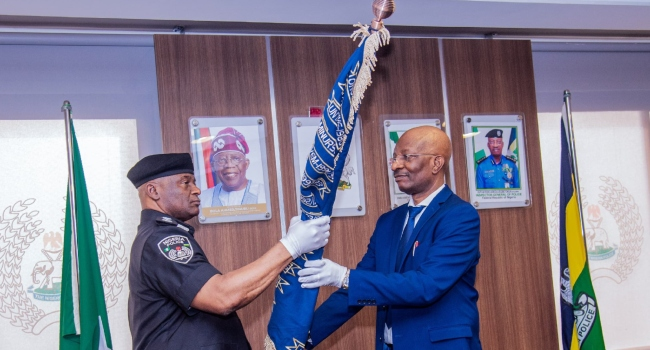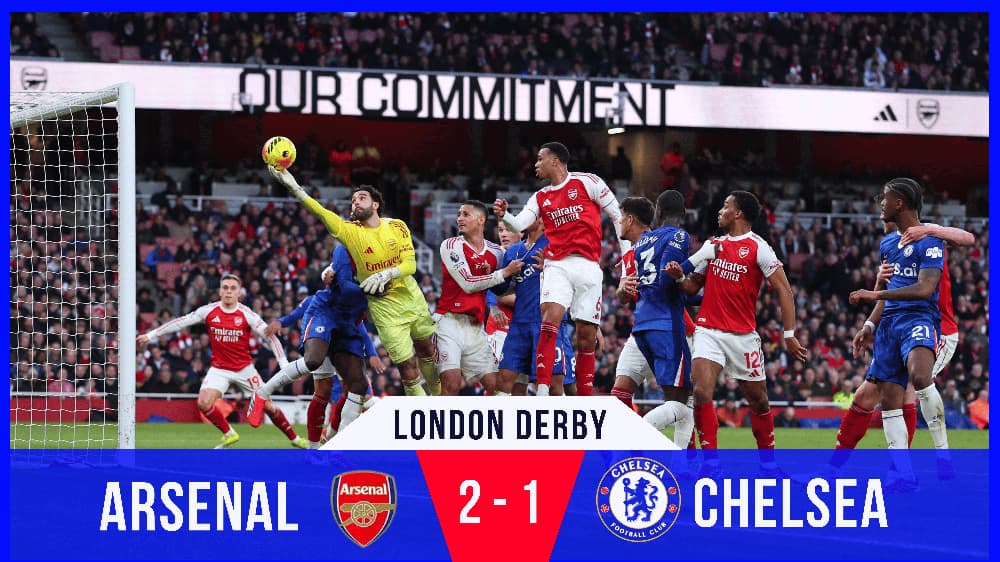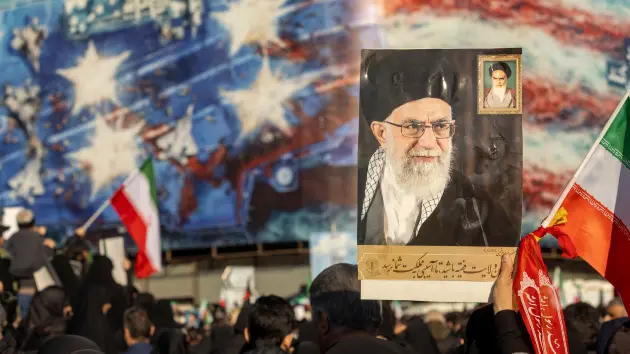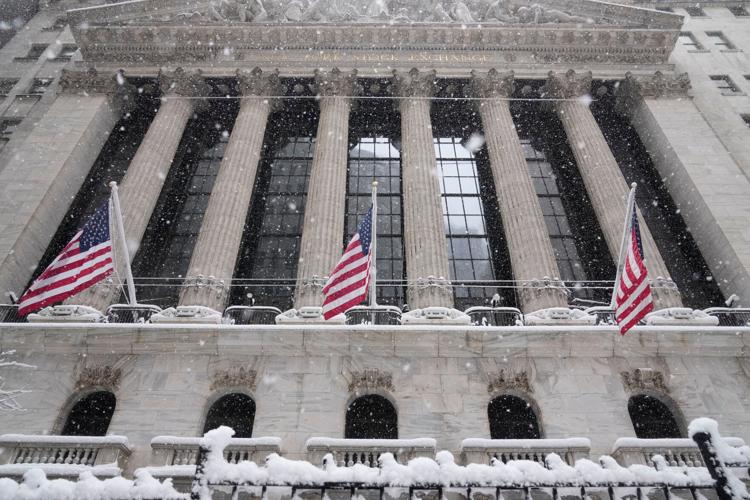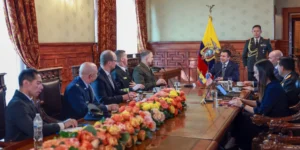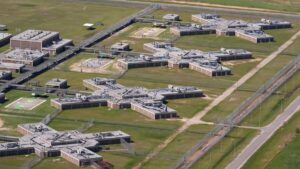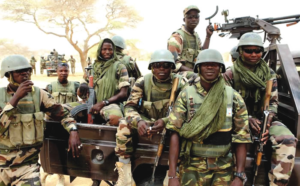South Korean President Yoon Suk Yeol publicly apologized Friday after his controversial declaration of martial law earlier this week plunged the nation into political turmoil and sparked demands for his resignation.
“I am very sorry and would like to sincerely apologize to the people who were shocked,” Yoon said during a televised address. “Regarding the declaration of martial law, I will not avoid any legal or political responsibility.”
The unprecedented announcement, made late Tuesday night, was swiftly overturned by the National Assembly, but its impact continues to reverberate, with the country’s political stability hanging in the balance.
Speculation was rife that Yoon would step down during his address, but instead, he assigned the task of stabilizing the situation to his ruling People Power Party (PPP), leaving uncertainty over his leadership intact.
Support for Yoon within the PPP has significantly eroded. Party leader Han Dong-hoon declared, “His early resignation is inevitable. It has become impossible for Yoon to continue his normal duty.”
The opposition is preparing to vote on an impeachment motion on Saturday. To pass, the motion needs at least eight members of the PPP to join the opposition, which holds a majority in the 300-seat parliament.
Lee Jae-myung, leader of the opposition, criticized Yoon’s apology, calling it insincere and accusing the president of deepening public distrust. “The greatest risk facing South Korea right now is the very existence of the president,” Lee said, pledging to push for Yoon’s removal.
Yoon justified his declaration of martial law by citing threats from “anti-state forces” and North Korea, but the move has been widely condemned as a desperate attempt to consolidate power amid plummeting approval ratings and ongoing corruption allegations.
The fallout underscores the mounting challenges facing Yoon’s presidency, with his political survival now in serious jeopardy.


